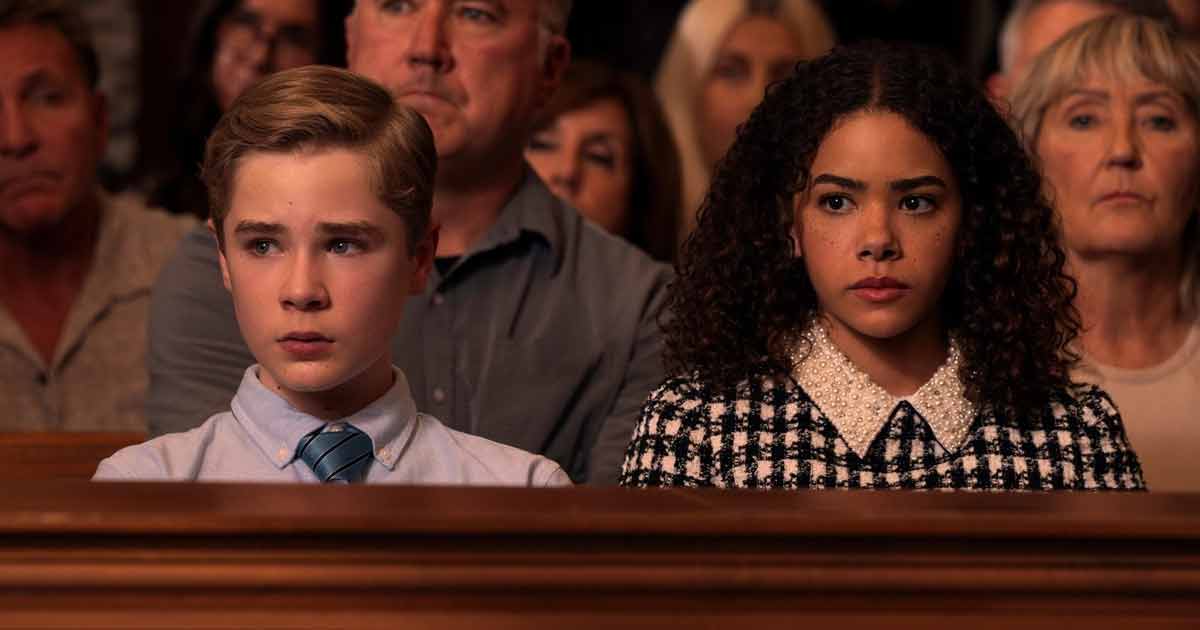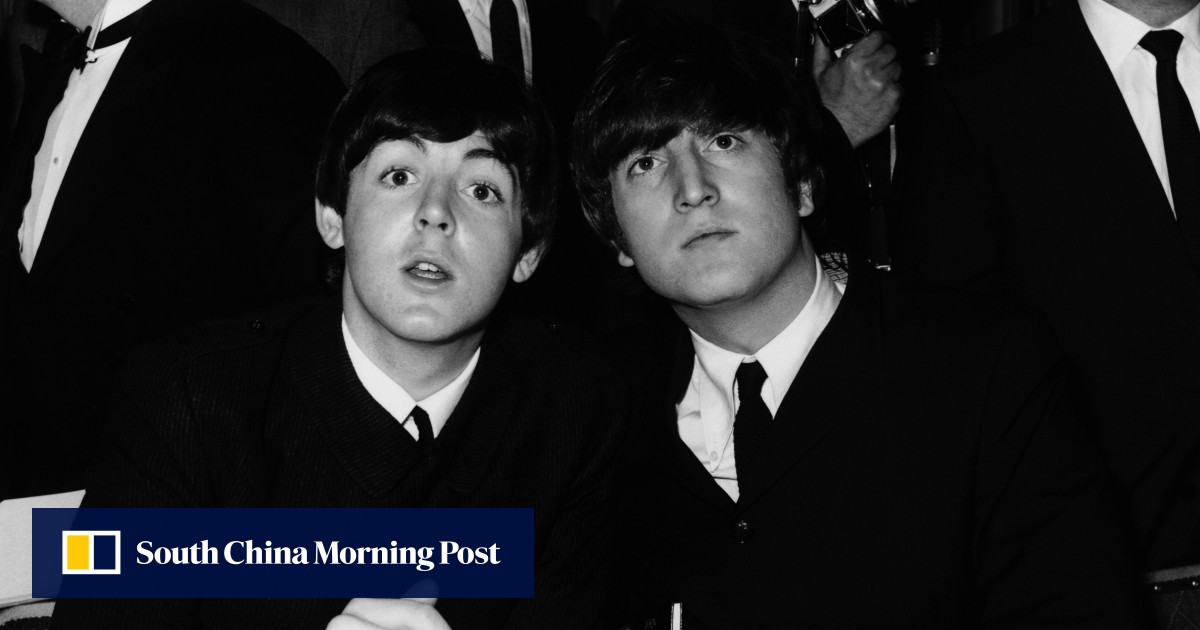EUGENE — They were tears of joy, for sure.
Kendall Ellis, the former USC standout, had just won the Olympic Trials 400 meter final Sunday night at Hayward Field in a personal best 49.46 seconds.
But it was something more than the victory that shook her uncontrollably to her core, the gasps for breath not just the result of her effort. This was a tranformative moment, 49 seconds that forever changed the way Ellis viewed herself.
Through the tears, Ellis finally saw the person the rest of her world saw.
“This is one of those things I’ve been capable of,” Ellis said. “My coach has known that. Everybody that that knows me has known that.
“Now I know I can.
“Now I feel like I have it figured out.”
Ellis has a long history at Hayward Field, equal parts triumphant and heartbreak.
She ran herself into national attention with an epic come from behind anchor leg for the Trojans in the 2018 NCAA 4×400 relay final, the last race held at the original Hayward Field before it was leveled to make room for the current $270 million stadium.
USC needed to win the relay to secure their first NCAA outdoor team title since 2001.
Despite a bobbled handoff and a near collision just meters into her anchor leg, despite trailing Purdue’s Jahneya Mitchell by more than two seconds with 250, then 200 meters remaining, Ellis edged Mitchell on Hayward’s very last step in one of the most dramatic comebacks in college track and field history.
It was a transcendent and much-needed moment for American track, a miracle of Lake Placid proportions contained in 50.05 fearless and mind-boggling seconds; a feat so rare and unique that it went viral.
Ellis became, if not a household name, a face recognizable from malls in her native Florida to the USC campus with a country full of grocery stores, airport terminals, restaurants and track meets in between. Celebrities congratulated her on social media. Professors, corporate presidents and preachers used the universal message of her triumph. Who didn’t want a selfie or an autograph with Ellis? Or as she became known to those who recognized her wide smile and warm, alive eyes but couldn’t quite remember her name, Relay Girl.
But after finishing fourth at the 2021 Olympic Trials 400 at Hayward Field, missing an individual spot on Team USA by seven-hundredths of a second, Ellis thought she might not ever shake the Relay Girl label.
Ellis picked up an Olympic gold medal in the 4×400 relay for running in the rounds in Tokyo to go with Worlds 4×400 golds in 2017 and 2019.
She was second in the 400 at the 2022 U.S. Championships but didn’t make it out of the first round at the Worlds in Eugene. Last year she was eliminated in the semifinals of the U.S. Championships, also in Oregon.
“Devastation,” Ellis said when asked what she recalled about the 2021 Trials. “I remember a lot of tears. I remember being heart broken.
“I reminded myself of that on the way over today. I didn’t want to feel that way again.”
Hayward Field would provide one final obstacle this week. An hour before Saturday’s semifinals, Ellis found herself locked into a portable toilet at the stadium’s warm-up track.
“The lock jammed and I couldn’t get out,” she said laughing. “I was banging on the door, shouting ‘Let me out, let me out.’”
Finally after about 10 minutes a volunteer was able to pry the door open.
An hour later she won her semifinal in 49.81, her first personal best in six years.
Sunday drew Lane 8. By 180 meters, Arkansas Kaylyn Brown, the NCAA runner-up, running in Lane 7 had made up the stagger on Ellis. Brown continued to hold the lead around turn before Georgia’s Aaliyah Butler surged ahead at the top of the home stretch.
It was until the final 50, that Ellis, reminded of her coach Quincy Watts pre-race instructions–“come home like it’s do or die”–pulled into the lead. But when she did she stretched the gap with each stride. Brown held on for second in 49.71 with Alexis Holmes claiming third in 49.78 with a late surge.
Afterward Ellis was asked if she and Watts, the USC head coach and the 1992 Olympic 400 champion, had altered her training this year.She shook her head no.
She was finally, she said, “just being myself.”
“The workouts haven’t changed,” Ellis continued. “Something changed up here.”
She pointed to her head.
“Now I believe I can compete with the best out there.”







